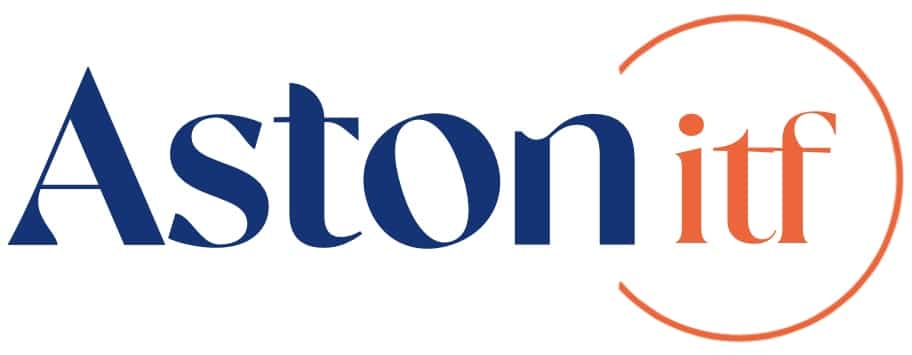Intelligent relaunching, favouring amicable procedures, instilling a cash culture in the company… Here are a few tips to help you generate sales as quickly as possible.
It’s nothing new that payment times in France are historically long. But today, it’s even worse. According to a study by KPMG in partnership with , the Sidetrade publisher, around 3.5 invoices out of 10 are overdue by more than 10 days, compared with around 2 invoices out of 10 before containment. In early May, the crisis committee on payment terms issued an alert on the situation, notably on the emergence of new practices on the part of certain companies (failure to validate invoices, delays in issuing purchase orders, downward price revisions, etc.). “Today, all invoices are going to be important, even those worth 500 euros”, warns Fabrice Delevay, CEO of GCollect, a collections marketplace. Particularly for companies that have not obtained a state-guaranteed loan (PGE), but for which part of the sales “sleep” outside. Getting your money back isn’t easy, especially in times of crisis. JDN asked a number of experts for their advice on how to reduce payment times.
Have a valid invoice
To collect an invoice, you first need to make sure it’s in order and not in dispute. “Check that you at least have a quotation, a signed order form, contract or delivery note. Otherwise, the payment deadline and debt collection will be ultra-complex”, reminds Alexandre Bardin, CEO of Rubypayeur, an online debt collection platform. “It’s also important to display the lump-sum compensation correctly on the invoice, and to make it clear that if the invoice isn’t paid, the company won’t hesitate to call in a debt collection service. recovery“, he adds.
Prefer dematerialized invoices
If you haven’t already done so, switch to electronic invoices, which are much more practical and traceable than paper. What’s more, there’s a good chance that paper invoices will no longer be accepted at all in a few years’ time, so we might as well be prepared. Since January 1, 2020, it has been mandatory to use electronic invoicing if you sell goods or services to public bodies, and to accept dematerialized invoices between private companies. There are many invoice dematerialization services and cash management software packages that integrate this feature.
Intelligent reminders
Dunning an unpaid invoice may seem like an inconvenience, but it’s an absolute must. “The first reason for late payment is that an invoice has never been dunned. There’s a certain amount of bad faith on the part of debtors, who tell themselves that if no one reminds them, they won’t pay because they want to conserve cash”, analyzes Aymeric Dupas, CEO of Aston iTF, SaaS software for collecting customer receivables. “Collecting a debt that is more than a year old divides the chances of success of getting paid by 10”. If you are a If you’re a small business, you can send individual reminders to your customers the day after the invoice is due. If you still haven’t received a reply a week later, you can put them on formal notice. “It’s a way of confirming that you’re getting paid,” insists Alexandre Bardin. Above all, we need to relaunch as quickly as possible. “The longer we wait, the more complicated it gets, especially at the moment. Recovering a credentials that are more than a year old divide the chances of success of getting paid by 10,” he adds. You can also use reminder software, of which there are many on the market(Aston iTF…), Clearnox, Dunforce, Sidetrade Augmented Cash, Upflow…). Some are aimed specifically at SMEs and are totally or partially free at the moment, due to the Covid-19 crisis.
Propose a schedule
If your customer can’t pay his bill because he’s in a difficult situation, you can offer him a payment schedule. “A payment schedule is reassuring, because the company knows that it has a chance of recovering its money over several months, and that it doesn’t need to launch costly legal proceedings,” points out Alexandre Bardin. “Plus, it strengthens the business relationship, it creates a kind of solidarity,” he adds. Rubypayeur assures us that more than 50% of its customers currently accept payment schedules, compared with 20% in normal times.
Favoring amicable settlement
“Always favor amicable procedures and dialogue. This will enable you to come to an agreement so that no one is left by the wayside,” advises Fabrice Delevay. What’s more, out-of-court settlements cost nothing, unlike legal collections.
More than 50% of its customers currently accept payment plans, compared with 20% in normal times.
“Your customer may have a good reason for not paying you because he’s having financial difficulties. On the other hand, if he is acting in bad faith, you can call the Médiateur des Entreprises“, says Olivier Novasque, CEO of Sidetrade, publisher of an artificial intelligence platform dedicated, among other things, to managing unpaid invoices. “There’s no point in continuing to serve a customer if he doesn’t pay you, otherwise you won’t be able to pay your staff and suppliers”, adds the executive.
Transparency
Our experts advise companies to be transparent with their customers. “Don’t hesitate to explain that if he doesn’t pay you, you’ll be out of business. It doesn’t work every time, but you have to try,” advises Alexandre Bardin. “You have to be closer than ever to your customers, and empathize with them because they’re in trouble themselves. My advice is to raise the issue of payment deadlines right away,” adds Olivier Novasque.
Understand the value of cash to the company
Managers need to get to grips with the subject of cash management, even if it’s not very sexy and seems anecdotal. On the contrary, it’s a priority. “We need to communicate with all departments, give them objectives and roles on the subject of cash, and define indicators to monitor the objectives set,” stresses Aymeric Dupas. Sidetrade advises you to pay particular attention to weekly or even daily collections. And try to plan your cash flow as much as possible (Read our article Nine tips for looking after and planning your cash flow). “It has to be integrated into commercial negotiations. It’s the perfect opportunity for two isolated worlds to finally talk to each other : the world of finance and the world of commerce. It’s very important to instill a cash culture in sales people. You have to explain that payment terms are not the last wheel on the wagon, that they are an essential part of commercial negotiation, and that you will call on them in the event of disputes or late payment,” explains Olivier Novasque. In short, we want them to understand that “Cash is king”.










